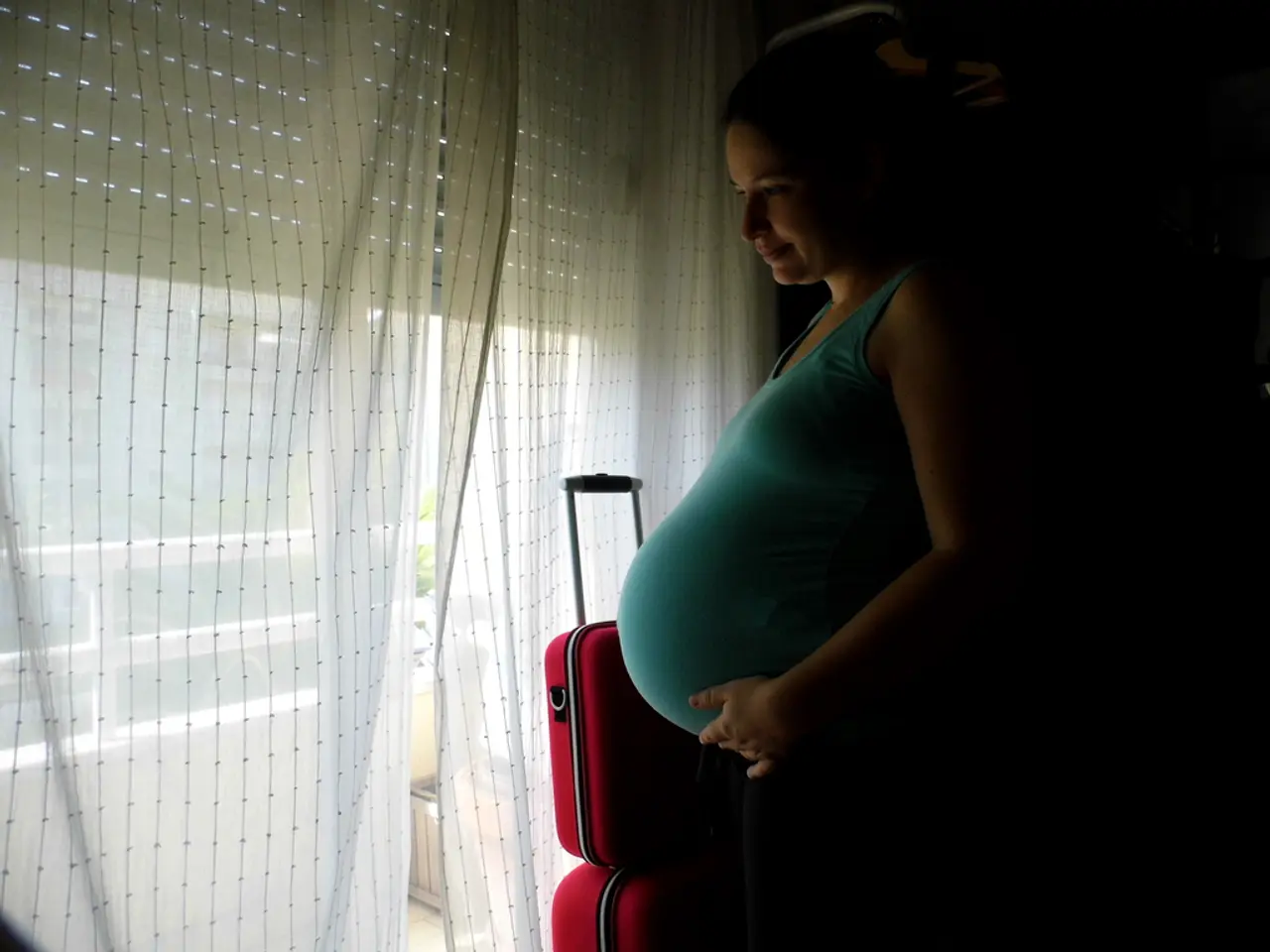Baggage Policy Effects on Selecting Suitable Travel Insurance: A Review
In the dynamic world of travel, understanding the nuances of travel insurance is crucial for a hassle-free journey. With over 25 million bags mishandled globally in 2025, according to the SITA Baggage IT Insights report, it's essential to be well-informed about policies that address baggage concerns.
One significant aspect of travel insurance is coverage for lost, delayed, or damaged luggage. Typically, this falls under "baggage and personal effects coverage." Standard policies reimburse the cost of replacement items if your luggage is lost or delayed, usually up to around $2,500. However, it's important to note that some insurers do not cover specific circumstances, such as loss due to negligence or wear and tear. Understanding these exclusions can prevent surprises during claims.
When selecting a travel insurance policy, it's recommended to prioritise at least $50,000 in emergency medical coverage for international trips. Regarding baggage coverage, a common limit is around $2,500 for luggage loss or delay. Other protections like trip cancellation, trip interruption, trip delay, and emergency evacuation are also typically included or available as add-ons, enhancing overall travel protection.
The average cost of travel insurance in 2025 typically ranges from 4% to 8% of the total trip cost. For example, if your trip costs $1,000, you can expect to pay about $40-$80 for insurance, and for a $5,000 trip, the average cost would be around $200-$400.
It's also crucial to assess your packing habits. Identifying your usual preferences will guide insurance choices. For instance, if you often travel with expensive equipment or valuables, opt for a plan that specifically covers high-value items. On the other hand, if you tend to pack lightly, a policy with a lower baggage limit might suffice.
When booking flights, consider the specifics of your trip. If heading to a popular destination where flights can be limited, ensuring that your belongings are adequately protected is critical. Furthermore, regularly reviewing the individual airline's guidelines prior to travel can enhance anticipation of fees and logistical challenges.
In the event of lost or damaged baggage, initiate a claim within 24 hours, file a Property Irregularity Report (PIR), collect evidence, submit the claim, and follow up with the airline. Some insurers offer additional benefits like trip interruption coverage, which can reimburse for additional expenses if the trip is disrupted due to unforeseen events.
Lastly, always read the fine print before purchasing travel insurance. Look for exclusions such as specific carrier limitations, and ensure that your selected policy does not have hidden clauses that could affect a claim. Comparing premium costs in relation to coverage offered is also advisable.
By following these guidelines, travellers can make informed decisions about their travel insurance, ensuring a smoother, more secure journey.
Including baggage coverage in your travel insurance policy can provide protection for lost, delayed, or damaged luggage, a vital aspect of travel insurance. Even though standard policies may reimburse around $2,500 for such issues, it's crucial to consider your lifestyle and travel habits, especially if you often carry expensive equipment or valuables, as certain plans offer coverage for high-value items.




